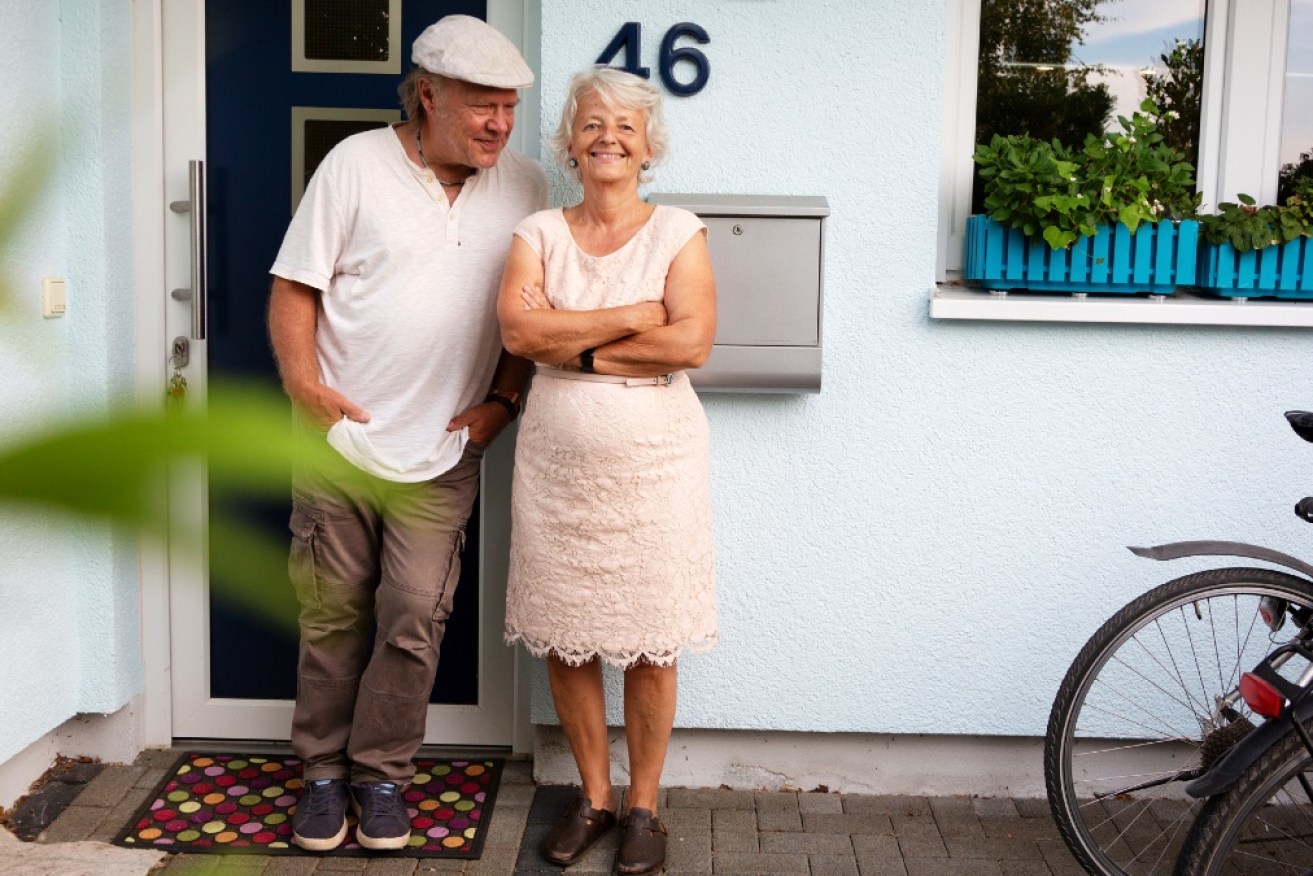Property: How buying, selling or renting can affect your payments


Your home is your castle, but what happens when you want to sell it or gift it to your children? Photo: Getty
Question 1. Eight years ago I bought a holiday house for my children to inherit. If I decide to pass it to them now, how do I do that and what are the tax implications?
Firstly, you should have a conveyancer or solicitor oversee the property transfer and have them draw up the relevant paperwork and transfer details.
You can gift the property or sell it for a reduced price if you wish, to at least help you with some of the costs.
There will be legal fees and you should obtain a valuation on the property. That is because selling or gifting the property is a Capital Gains Tax (CGT) event, and you may be liable for CGT, because for tax the CGT will be determined by the valuation of the property (if gifting or selling below market price). Therefore, you may need some tax advice.
Your children, as the new owners, may be liable for stamp duty on the sale.
Finally, if you are in receipt of a government income support payment (such as the age pension), gifting an asset may affect your entitlements.
Question 2. My husband and I are divorcing – will I be able to borrow money from my super then pay it back once the house is sold as I need to look for a rental property now before the sale?
No, generally not.
Firstly, superannuation funds are included in the definition of ‘property’ and can be divided on marriage breakdown regardless of who has the most super, or you may come to another agreement, i.e. someone may retain more super, then the partner retains most of the other assets.
A marriage breakdown does not alter when you can access super, generally once you reach preservation age and retire.
There are only a very few exceptions to this; a couple to bear in mind are:
Severe financial hardship
Based on written evidence provided by a Commonwealth department or agency (i.e. Centrelink).
- You have received Commonwealth income support payments for a continuous period of at least 26 weeks (such as Jobseeker)
- You are in receipt of those payments at the time of application, and
- You are unable to meet reasonable and immediate family living expenses.
Compassionate grounds
You could apply to the ATO for a determination that an amount of preserved or restricted non-preserved superannuation benefits may be released on the grounds that it is required for one of the following unpaid expenses:
- medical treatment or medical transport, or
- a payment on a loan to prevent foreclosure of a mortgage on your home, or
- to modify your home or vehicle, or accommodate any special needs arising from severe disability, or
- expenses associated with palliative care
- palliative care, in the case of impending death, or
- funeral or burial costs.
I suggest obtaining legal advice prior to any divorce settlement. Post-divorce you may wish to seek personalised financial advice.
Question 3. I am pensioner and I own my house; I bought a small house and rent it out for a small amount. Does this cause my pension to decrease equivalent to rental income?
I’m not sure from your question whether you have bought a second house (investment property) or whether you rent out a portion of your existing principal residence. So let me cover both scenarios:
- Investment property – Net income is counted (net income is gross income less allowable expenses. Centrelink will determine this based on information from your tax return).
- If someone rents out a room in your principal home, then depending what you provide for them, Centrelink treat the income as follows.
Note the above is how much of the income is assessed by Centrelink, not how much they will reduce your age pension.
A single person can earn/receive up to $190 per fortnight before any reduction in age pension benefits. Once you start receiving above that, your benefits will reduce by 0.50 cents for every $1 dollar counted by Centrelink.
The other thing worth noting is that many people with an investment property are assessed under the asset test rather than the income test, whichever test (income or asset) that gives you the lower benefit is applied.
Craig Sankey is a licensed financial adviser and head of Technical Services & Advice Enablement at Industry Fund Services
Disclaimer: The responses provided are general in nature, and while they are prompted by the questions asked, they have been prepared without taking into consideration all your objectives, financial situation or needs.
Before relying on any of the information, please ensure that you consider the appropriateness of the information for your objectives, financial situation or needs. To the extent that it is permitted by law, no responsibility for errors or omissions is accepted by IFS and its representatives.
The New Daily is owned by Industry Super Holdings








